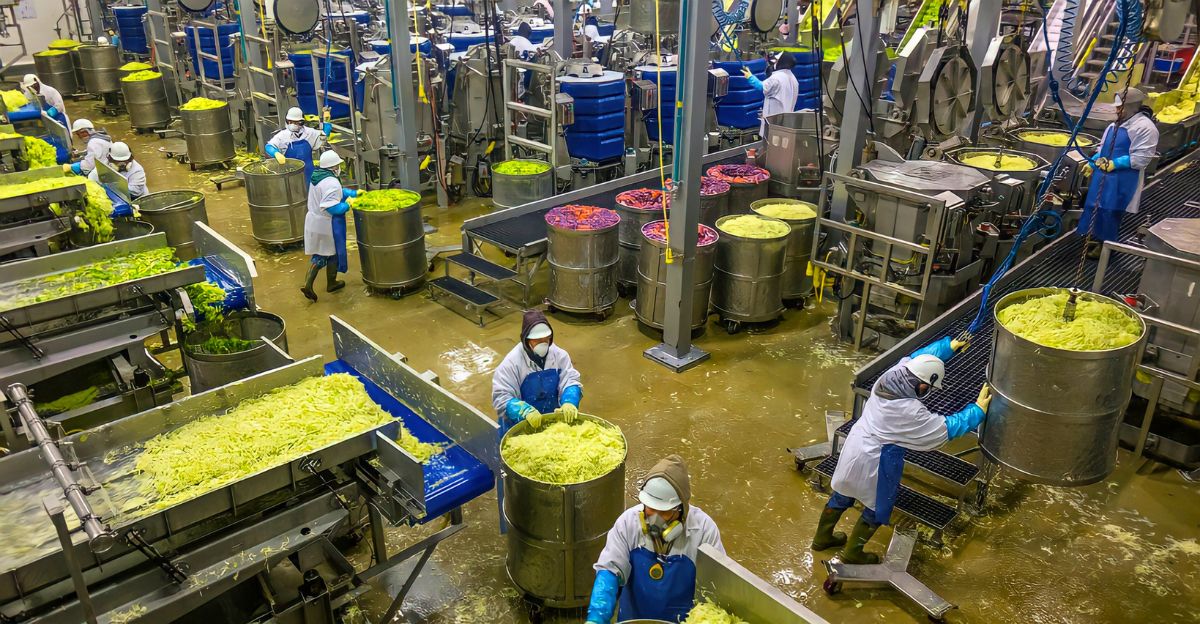
The company that’s responsible for beloved brands like Lucky Charms and Cheerios is overhauling the way it makes cereals, and for good reason. General Mills announced that the company is taking all artificial dyes out of its U.S. cereals and foods by the end of 2027.
This move comes after federal regulators, state attorneys general, and consumers wanted there to be fewer unnecessary additives in food products.
Regulations Change

General Mills isn’t making this move due to the consumers landscape changing, and regulations mounting in favor of more natural foods without synthetic colors and dyes. The Health Secretary, Robert F. Kennedy is the one calling for this removal, as the dyes have become a health concern, especially in developing children.
Petroleum-based dyes are being phased out by important entities like the FDA, and some states are even calling for certain artificial dyes to be completely banned.
What Will Change?
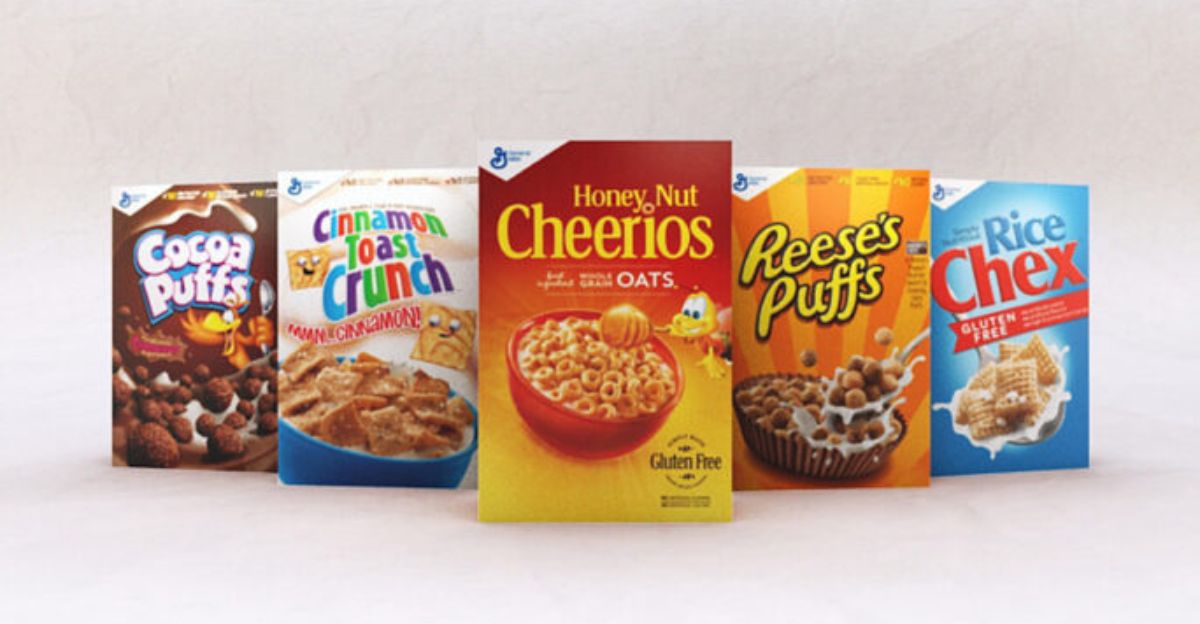
Some companies lean heavily on these dyes, and will have to undergo a massive restructuring effort. However, most of General Mills brands already don’t use these dyes, and there are only a few exceptions such as in Trix and Lucky Charms.
The company stated that around 85% of its products are dye-free, and 2027 will see it phase out the rest of the bright colors that have artificial origins.
Artificial Colors
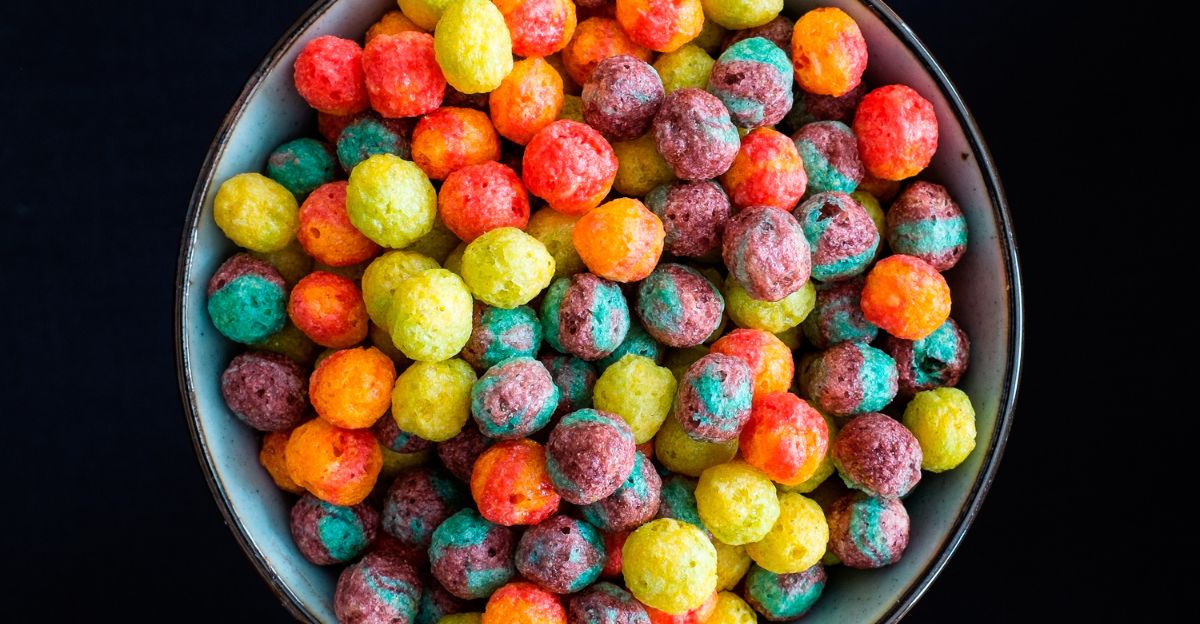
Many artificial dyes have been used in food products for decades and are sometimes referred to as FD&C dyes. These dyes allowed food products to get bright and even neon colors to attract certain audiences or make processed foods look more appealing.
The FDA has started with Red No. 3 dye, and more banned are expected to come. In an effort to get ahead of these bans, General Mills will abolish all artificial dyes in its products. The science doesn’t lie, and none of the dyes are beneficial, and can even be linked to allergies, and even cancer in animals.
Consumer Trends
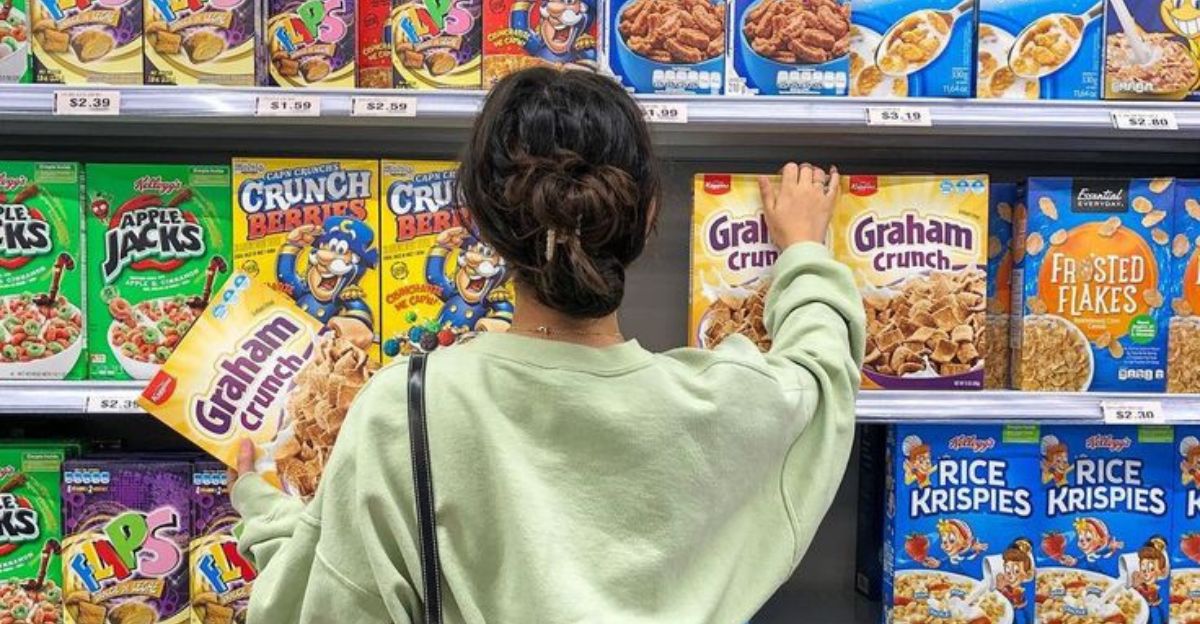
While shoppers from decades ago knew little about the food they were eating, the modern consumer is armed with a lot more knowledge, and many are calling for healthier ingredients and more transparency regarding the origins of dyes.
As consumer trends change, General Mills knows that when it comes to children, precaution must be taken. The company wants to keep the trust of millions of parents while still catering to kids.
Industry Ripple
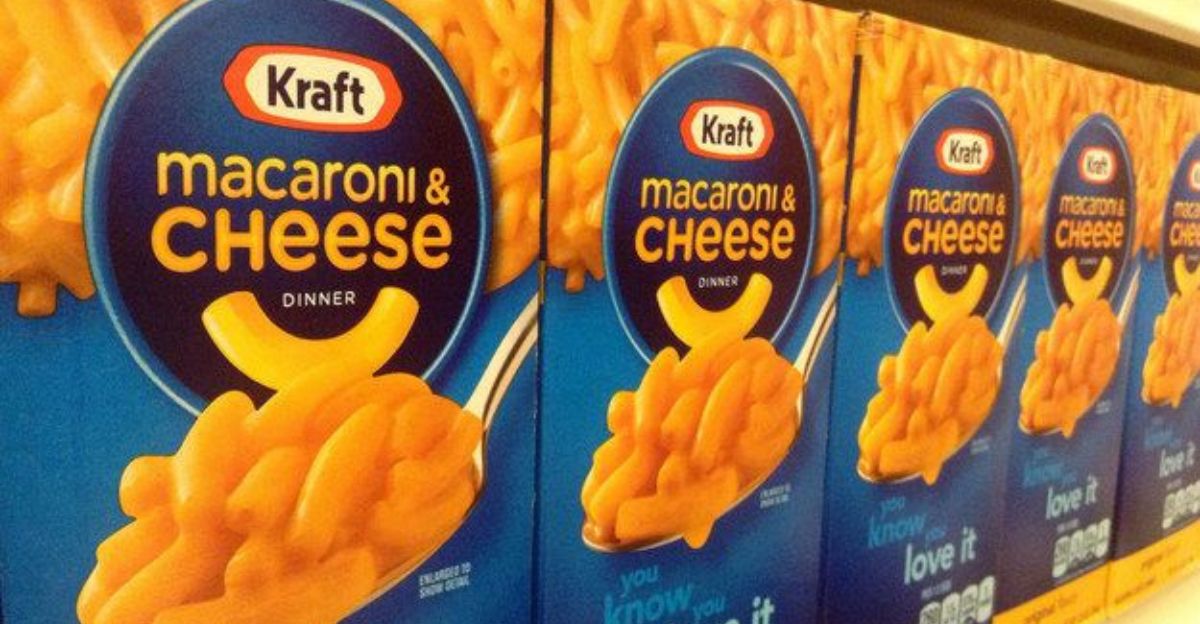
General Mills isn’t the only company making changes, and the entire industry has to pivot to meet the demands of regulators and consumers. Kraft Heinz has also commited to phasing out artificial dyes by 2027.
Companies know they can no longer get away with putting petroleum-based dyes in food products, and are stepping up to the plate to take accountability while also searching for alternatives to keep existing brand images intact.
Finding A Balance
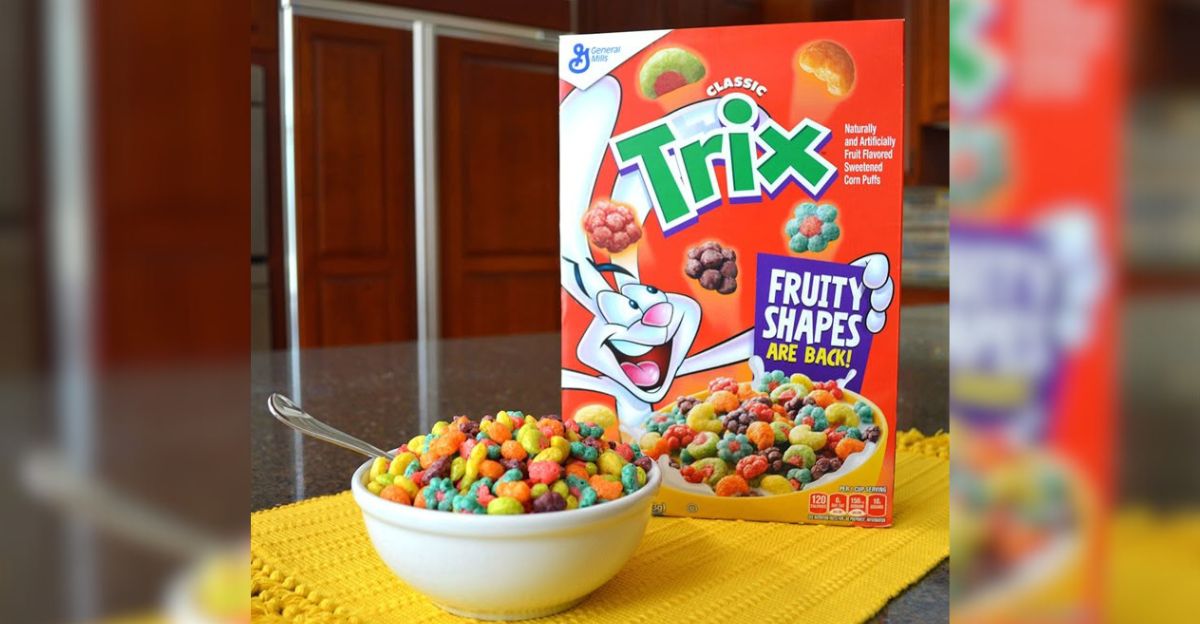
General Mills tried experimenting with alternative dyes nearly ten years ago in 2016. However, the dyes they found meant that brands like Trix looked less appealing and more bland, leading to a drop in sales.
Changing product traits can be a risk, as many consumers don’t understand why the change has happened and assume that the product is changing for the worse. Companies need to find a balance where they use alternative dyes and keep the old aesthetic of products.
Changes For Consumers

Consumers should be ready for some of their favorite cereals to change slightly in appearance in the next two years. Bright neon colors that the synthetic dyes leveraged will disappear from shelves, all in the name of healthier foods without any underlying risks.
Thankfully, the taste of General Mills products shouldn’t change, as dyes don’t generally add any depth of flavor. The current alternative dyes that companies are looking at are turmeric, strawberries, and radishes.
Say Goodbye To Artificial Additives
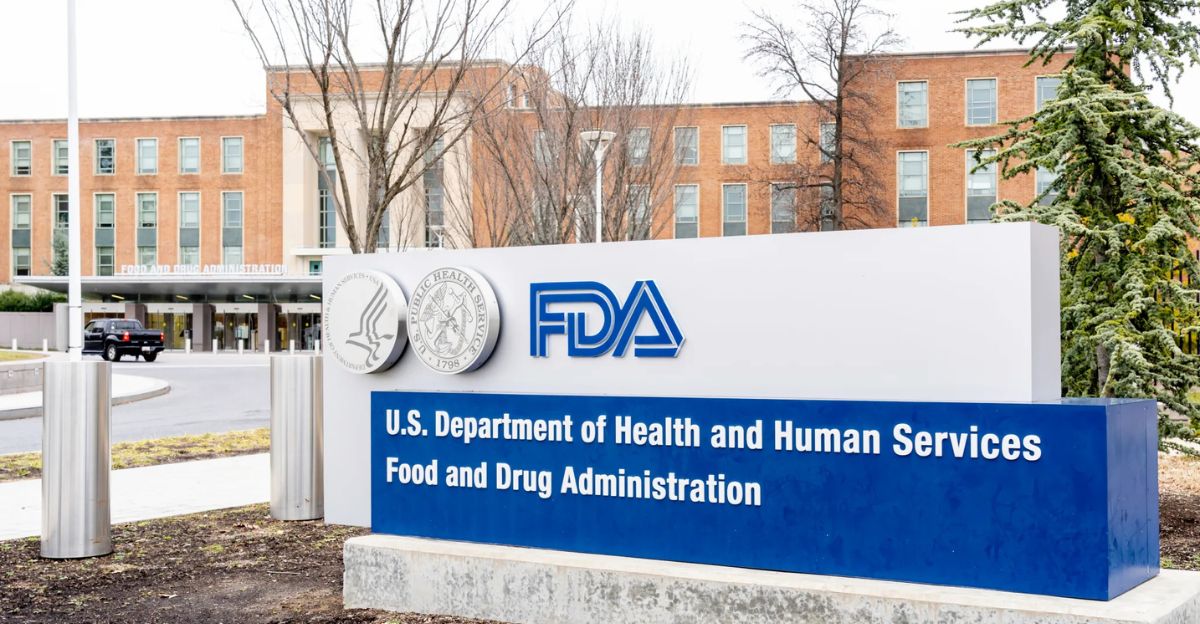
The FDA and state governments are changing the law to be more strict with artificial additives and is on the back of food companies to make these changes. This extends beyond domestic production, and imports will also have to comply with this new rule.
This can be a logistical nightmare for many companies that use a lot of synthetic dyes, but General Mills seems committed to the change and wants to keep the trust of consumers.
A Change For The Better
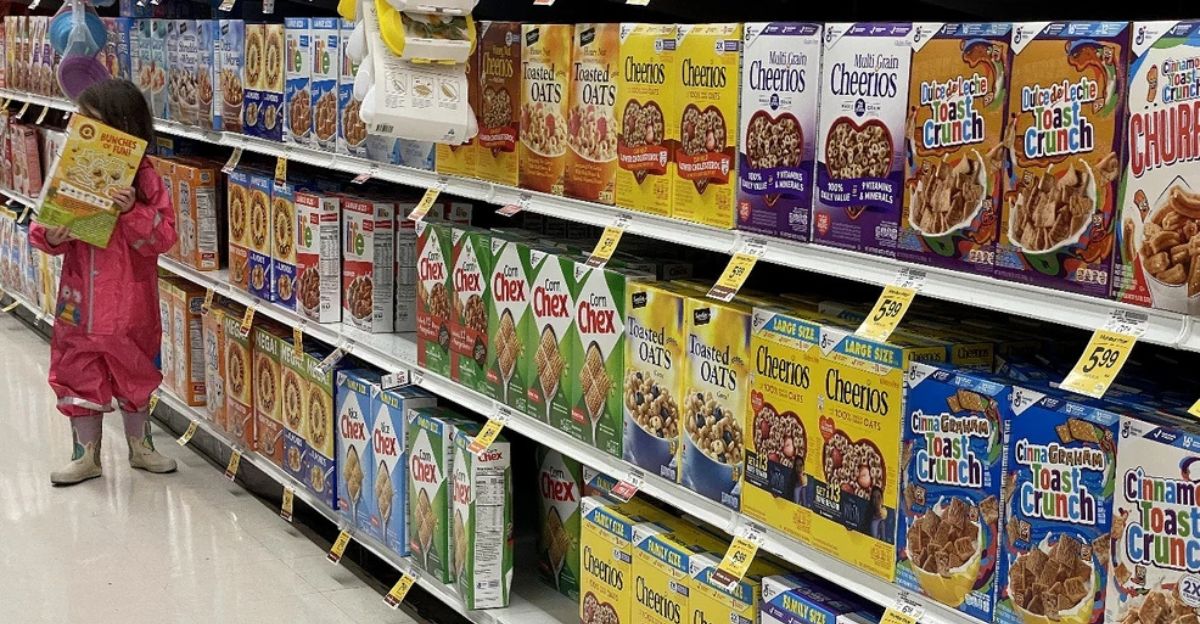
General Mills is just one of many companies that are going to have to comply to these new regulations. It’s not just a change in trends, but a radical shift as the era of synthetic additives comes to an end.
Consumers should be happy that many of their favorite foods and cereals will be healthier, but should be ready for any bright and attention grabbing items to change in color.
